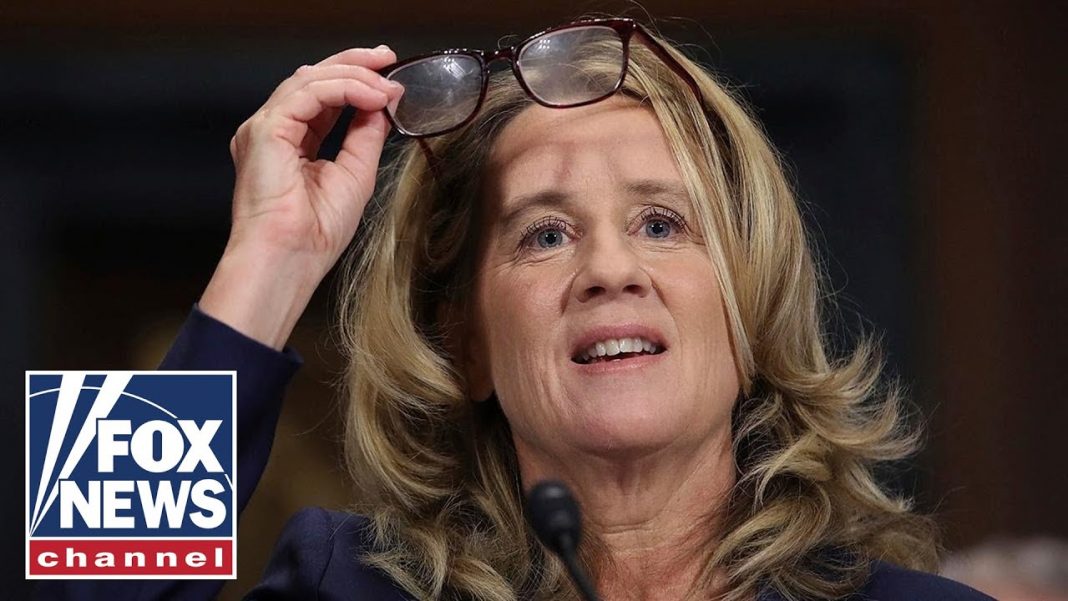Patrick Michaels was born February 15, 1950. He is an American climatologist who was a senior fellow in environmental studies at the Cato Institute until Spring 2019. Until 2007 he was research professor of environmental sciences at the University of Virginia, where he had worked since 1980 and the visiting scientist with the Marshall Institute in Washington, D.C..
Patrick Michaels argued his viewpoint in a 2002 article in the journal Climate Research where he explained that the planet will see “a warming range of 1.3–3.0°C, with a central value of 1.9°C” for the 1990 to 2100 period, which is a value far smaller than the IPCC’s average predictions.
A self-described skeptic on the issue of global warming, he is a past president of the American Association of State Climatologists and was program chair for the Committee on Applied Climatology of the American Meteorological Society.
Patrick Michaels has written a number of books and papers on climate change and he was an author of the climate “paper of the year” awarded by the Association of American Geographers in 2004. Some of Patrick Michaels’ books include:
Lukewarming: The New Climate Science that Changes Everything
September 7, 2016
In Lukewarming, two environmental scientists explain the science and spin behind the headlines and come to a provocative conclusion: climate change is real, and partially man-made, but it is becoming obvious that far more warming has been forecast than will occur, with some of the catastrophic impacts implausible or impossible. Global warming is more lukewarm than hot. This fresh analysis is an invaluable source for those looking to be more informed about global warming and the data behind it.
Climate of Extremes: Global Warming Science They Don’t Want You to Know
January 16, 2009
Is the weather truly getting worse? When it comes to global warming, dire predictions seem to be all we see or hear. Climatologists Patrick Michaels and Robert Balling Jr. explain why the news and information we receive about global warming have become so apocalyptic. The science itself has become increasingly biased, with warnings of extreme consequences from global warming becoming the norm. That bias is then communicated through the media, who focus on only extreme predictions. The authors compellingly illuminate the other side of the story, the science we aren’t being told. This body of work details how the impact of global warming is far less severe than is generally believed and far from catastrophic.
Satanic Gases: Clearing the Air about Global Warming
May 15, 2000
Michaels (climatology, Univ. of Virginia) and Balling (director, Laboratory of Climatology, Arizona State Univ., Tempe) examine the role played by politics, the media, and science in the creation of our present perceptions of humanity’s effect on climate, particularly global warming. Their main thesis is that politicians and the media have blown this issue out of proportion, manipulating currently known information in order to fulfill their own objectives. The authors also assert that the current scientific paradigm accepts as fact both global warming and humankind’s contributions to its acceleration. Scientists therefore tend to ignore contradictory data. Michaels and Balling present a good discussion of the climatological factors and theories of climate change and of the human activities that could be influencing climate. They counter each currently held theory with data and theory that support their own perspective. While they offer a well-thought-out overview in language that lay readers can understand, their conservative political agenda is also very apparent. Still, their book is recommended for public, academic, and high school environmental collections as a good balance to alarmist materials that present global warming as an imminent catastrophe.DBetty Galbraith, Owen Science & Engineering Lib., Washington State Univ., Pullman Copyright 2000 Reed Business Information, Inc.
Meltdown: The Predictable Distortion of Global Warming by Scientists, Politicians, and the Media October 1, 2004
An eminently readable and often humorous critique, Meltdown documents hundreds of exaggerations from scientists, politicians and the media, and ties them together with the common thread of rational self-interest.
Sound and Fury: The Science and Politics of Global Warming
October 15, 1992
The popular vision of an approaching apocalypse caused by global warming has no scientific foundation, says Patrick J. Michaels. Those who warn of a catastrophic greenhouse effect – such as Sen. Al Gore – can justify neither their fears nor their blueprints for dramatically interfering with the U.S. and world economies. Sound and Fury criticizes “science by sound bite” and congressional show trials complete with testimony that has not been peer reviewed according to scientific standards. Among the misconceptions exposed is the claim that most scientists subscribe to the apocalyptic vision of global warming. “Rather, the consensus is the opposite: the Popular Vision is unscientific”, Michaels writes. Even Greenpeace’s survey of scientists who participated in the major United Nations study of climate change found that only 13 percent of the respondents believe that failure to change our energy use would result in a runaway greenhouse effect. Michaels shows that the slight warming over the last century has been far less than the prophets of the apocalypse would expect – throwing the reliability of their computer climate models into doubt – that most of it happened before industry’s massive carbon dioxide emissions began, and that most of the warming is at night, when it produces benign effects such as longer growing seasons. In other words, the warming that has resulted from natural climatic processes is good. Among other points brought out in this pathbreaking book: for most of the last billion years, atmospheric carbon dioxide concentration was greater than it is today. Carbon dioxide, far from being a pollutant, makes plants grow. Research shows that enhanced CO(subscript 2)concentrations make plants grow better. The result: cheaper, more plentiful food. Proposed policies to prevent global warming would be “the greatest centrally planned social engineering experiment in history”. Before we impose a trillion-dollar plan on our economy to fix a dubious problem, every informed American should read Pat Michaels’s words of warning.






